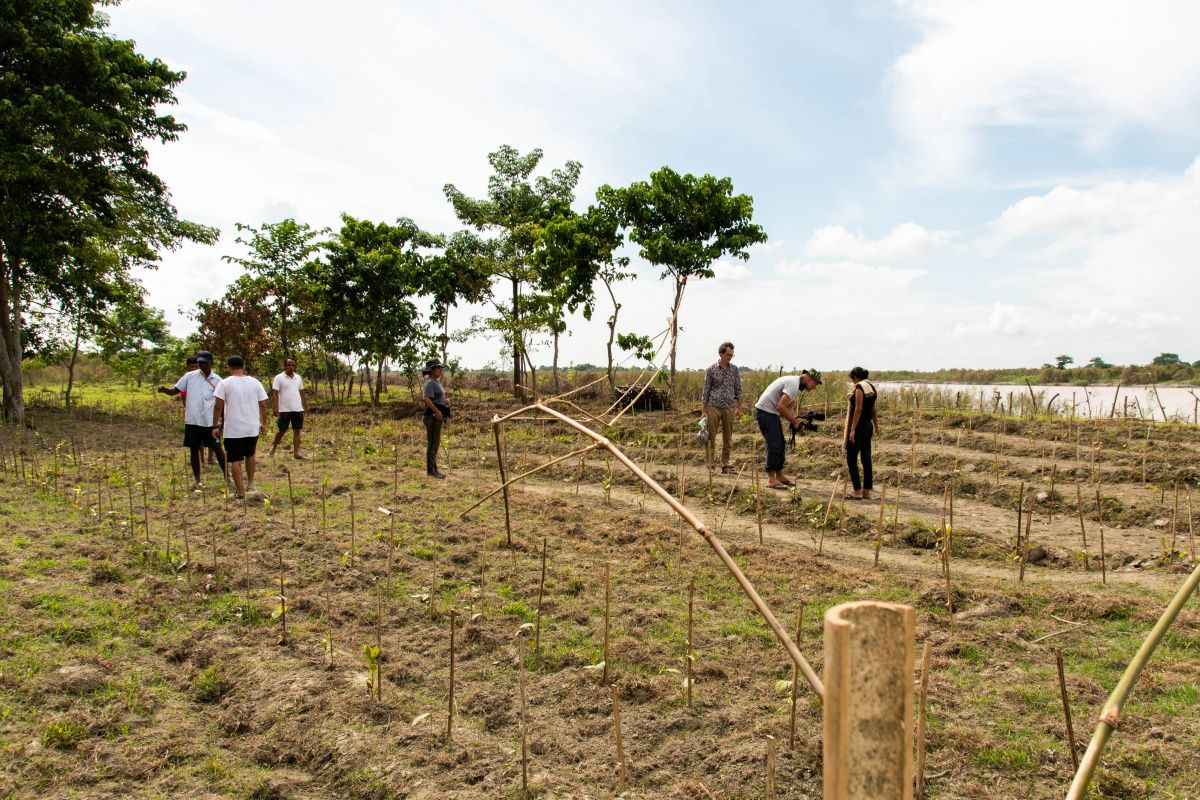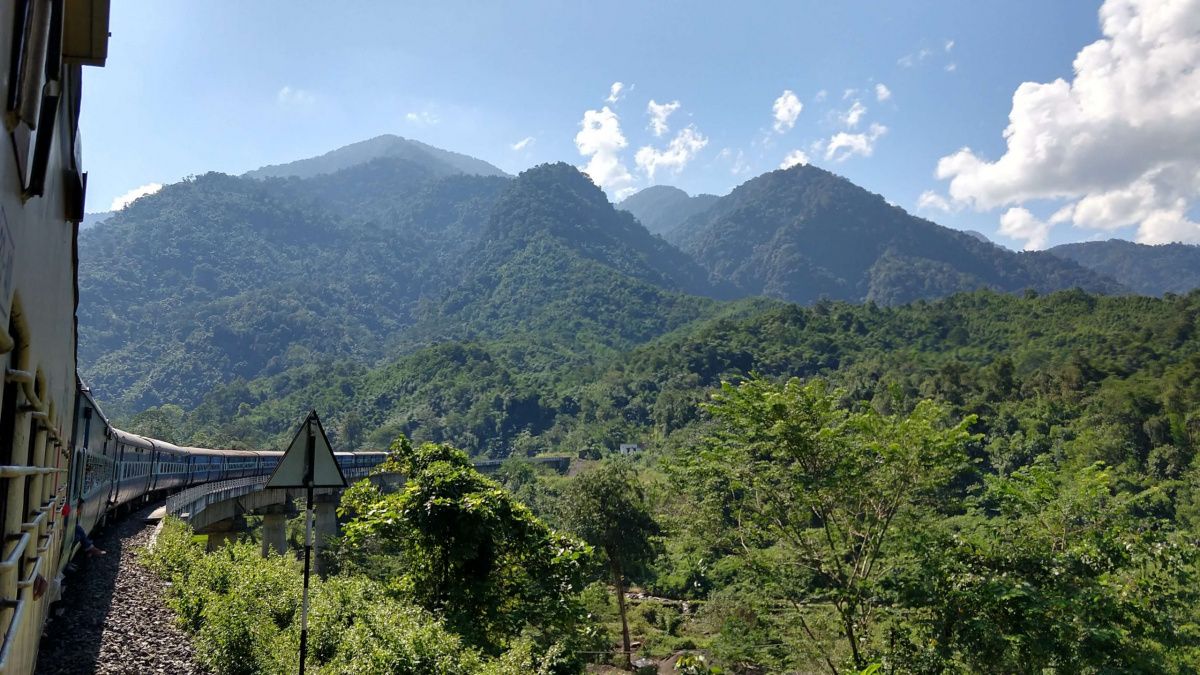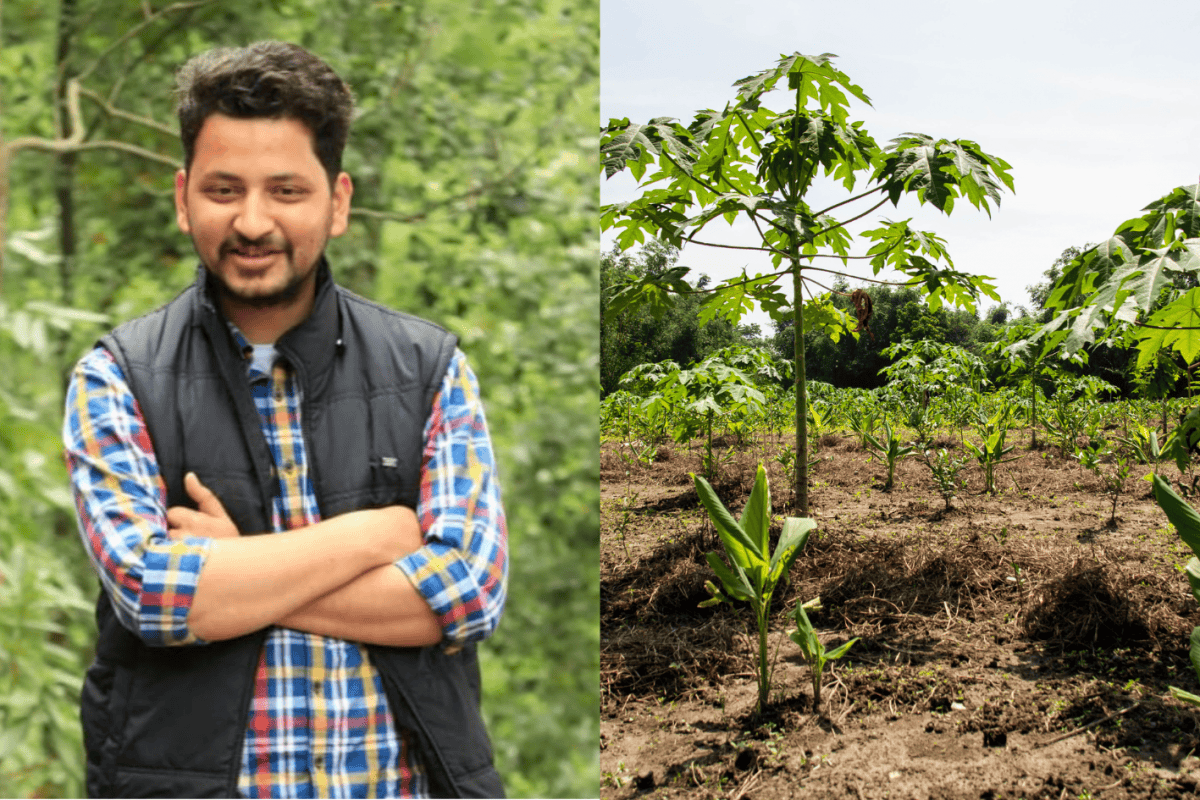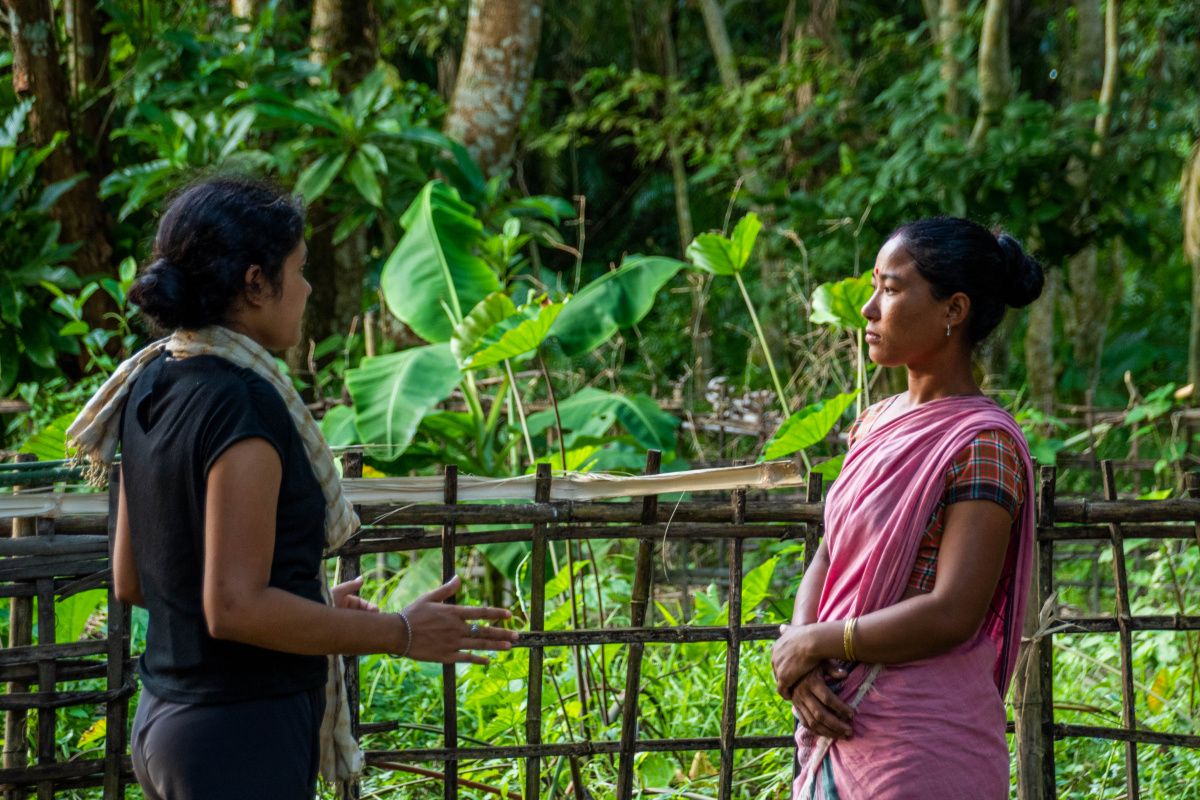His commitment to the environment...
I spent my childhood in a village surrounded by all kinds of ecosystems. By being close to nature and natural environments, I realized that we are not separated from nature, but rather we are fully part of it. This realization has encouraged my commitment to our environment. Throughout my life, my connection to nature has helped me adapt to change and given me an optimistic perspective on things and situations. I am passionate about natural landscapes and biodiversity, and I want to share my experiences by providing nature education to younger generations. I am also an avid bird watcher and enjoy photographing birds.
His background before Reforest'Action...
I obtained a master's degree in environmental management with a specialization in natural resource management. Afterwards, I obtained a PhD in forestry. I have a wide range of experience, including research in biodiversity conservation and management on which I worked for five years. I have also contributed to projects in various capacities such as researcher, field biologist and consultant.
His missions and responsibilities for Reforest'Action...
As Project Officer for Reforest'Action, I work closely with Reforest'Action in monitoring the progress of projects, planning and conducting audit, due diligence or feasibility missions, developing tools and designing projects, preparing reports, and making recommendations and suggestions to project leaders in the field.

His vision for forests in India...
According to government reports on the state of forests in India, there has been a marginal increase in forest and tree cover. However, the report includes roadside plantations, rubber, coffee or tea plantations, and even monoculture trees as part of the forest cover, which could explain this increase. The biodiversity-rich forests of the northeast region have been steadily losing forest cover since 2009. According to the report, the total forest cover in the Northeast region is 169,521 km2 and the region has recorded a decrease of 1,020 km2 as of the 2019 report.
The condition of forests in the Himalayan states of India and parts of central India is degrading due to anthropogenic pressure and natural hazards such as fire, landslides, etc. This degradation may become more profound due to climate change. The State of India's Forests Report 2021 states that by 2085, 20% of India's forest cover may undergo catastrophic changes due to the negative impact of climate change. Therefore, there is a need to explore and implement projects that can help restore land and forests.

The forestry projects for which he is responsible...
I am in charge of monitoring the project located in the state of Assam in India, which contributes to the restoration of natural wildlife habitats, increasing the benefits of agroforestry, ecological integrity of ecosystems, carbon sequestration, improving soil health and preventing erosion. I am working on one regenerative agriculture opportunity in Western Himalaya that concerns the Pashmina value chain development and pastureland management. Apart from this, I am in charge of two more opportunities, one in West Bengal state in India (concerns agroforestry development for livelihood generation and carbon sequestration) and one in Nepal (concerns restoring degraded land using species of Bamboo, which is one of the important carbon sequestering species).

The added value of his local presence in the supervision of projects...
My local presence offers me many advantages in the supervision of Reforest'Action projects. My knowledge of the landscape, the ecology and the socio-economic situation allows me to provide sustainable data to project leaders for the implementation of the project. Knowledge of local customs, governance and language facilitates communication with project beneficiaries. My local presence allows me to reach the project holders on a regular basis, to assist them with the specifics of the project and to establish fluid communication to understand the issues they face during the implementation of the project.
